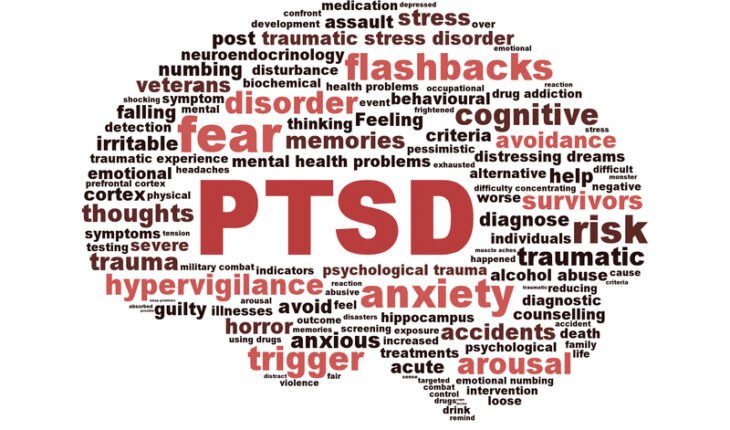Post-Traumatic Stress Disorder (PTSD) can profoundly impact various aspects of an individual’s life, extending far beyond the initial trauma. Understanding the wide-ranging effects of PTSD is crucial for those interested in human social life.
Physical Health
PTSD can severely affect physical health. Individuals experiencing PTSD may struggle with disrupted sleep patterns, leading to insomnia or frequent nightmares. This chronic sleep disturbance can contribute to fatigue, weakened immune function, and increased susceptibility to illnesses. Heightened stress levels associated with PTSD can lead to heightened blood pressure, heart problems, and chronic pain, further compromising overall physical well-being. Individuals with PTSD may turn to unhealthy coping mechanisms such as alcohol or drug use, which can contribute to long-term health problems. Individuals with PTSD may struggle with maintaining a healthy lifestyle. This can include difficulties in sticking to a regular exercise routine and making nutritious food choices. These factors can lead to weight gain or loss, and overall poor physical health. Individuals with PTSD may experience difficulties in engaging in leisure activities or hobbies they once enjoyed, leading to a decline in physical activity and a sedentary lifestyle.
Relationships
PTSD can significantly impact relationships, both intimate and social. The symptoms of PTSD, such as hypervigilance, irritability, and emotional detachment, can strain relationships with family, friends, and partners. Intimacy issues can result from a variety of factors such as past trauma. This may lead to difficulties in forming and maintaining close relationships, often resulting in social isolation and a lack of support. Individuals with PTSD may struggle to trust others and fear getting close to anyone, making it challenging to create meaningful connections. In romantic relationships, PTSD can cause significant distress for both partners. The individual with PTSD may have difficulty expressing their feelings or emotions, leading to communication problems and conflicts in the relationship. They may also experience flashbacks or nightmares related to their trauma during intimate moments, causing them to withdraw or avoid physical and emotional intimacy.
Career
PTSD can affect one’s professional life in various ways. Individuals struggling with PTSD may experience difficulty concentrating, memory problems, and heightened anxiety in work environments. These symptoms can hinder productivity and performance, leading to challenges in meeting job demands and maintaining consistent employment. Avoidance behaviors triggered by reminders of traumatic events may lead to absenteeism or difficulties in maintaining a regular work schedule, affecting career advancement and job stability. Individuals with PTSD may find it challenging to establish and maintain healthy relationships with colleagues or supervisors, hindering opportunities for networking and mentorship. PTSD can also affect career choices. Some individuals may avoid certain careers or job responsibilities due to potential triggers or stressors related to their traumatic experiences.
The impact of PTSD on an individual’s life extends across multiple domains, affecting physical health, relationships, and careers. Understanding these multifaceted effects of PTSD is crucial for those interested in human social life, as it sheds light on the complexities of mental health and its pervasive influence on various aspects of an individual’s life.
Did You Enjoy Reading This Article? Here’s More to Read: Why Everyone Can Benefit From Therapy




